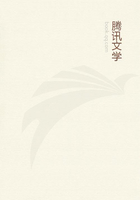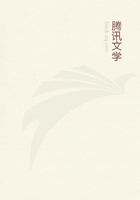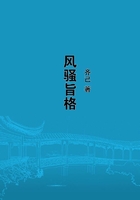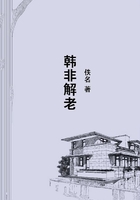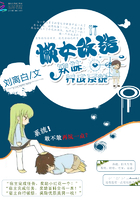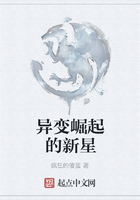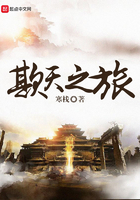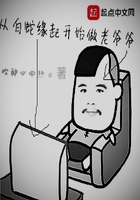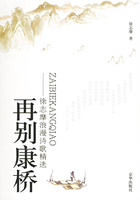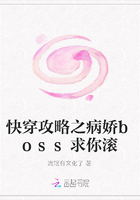And if this is all things, that must be above and outside of all, so, must transcend real being.And again, if that secondary is all things, and if above its multiplicity there is a unity not ranking among those things, once more this unity transcends Real Being and therefore transcends the Intellectual-Principle as well.There is thus something transcending Intellectual-Principle, for we must remember that real being is no corpse, the negation of life and of intellection, but is in fact identical with the Intellectual-Principle.The Intellectual-Principle is not something taking cognisance of things as sensation deals with sense objects existing independently of sense: on the contrary, it actually is the things it knows: the ideas constituting them it has not borrowed:
whence could it have taken them? No: it exists here together with the things of the universe, identical with them, making a unity with them; and the collective knowledge [in the divine mind] of the immaterial is the universe of things.
FIFTH TRACTATE.
THAT THE INTELLECTUAL BEINGS ARE NOT OUTSIDETHE INTELLECTUAL-PRINCIPLE: AND ON
THE NATURE OF THE GOOD.
1.The Intellectual-Principle, the veritably and essentially intellective, can this be conceived as ever falling into error, ever failing to think reality?
Assuredly no: it would no longer be intelligent and therefore no longer Intellectual-Principle: it must know unceasingly- and never forget; and its knowledge can be no guesswork, no hesitating assent, no acceptance of an alien report.Nor can it call on demonstration or, we are told it may at times act by this or, I method, at least there must be something patent to it in virtue of its own nature.In actual fact reason tells us that all its knowledge is thus inherent to it, for there is no means by which to distinguish between the spontaneous knowledge and the other.But, in any case, some knowledge, it is conceded, is inherent to it.Whence are we to understand the certainty of this knowledge to come to it or how do its objects carry the conviction of their reality?
Consider sense-knowledge: its objects seem most patently certified, yet the doubt returns whether the apparent reality may not lie in the states of the percipient rather than in the material before him; the decision demands intelligence or reasoning.Besides, even granting that what the senses grasp is really contained in the objects, none the less what is thus known by the senses is an image:
sense can never grasp the thing itself; this remains for ever outside.
Now, if the Intellectual-Principle in its act- that is in knowing the intellectual- is to know these its objects as alien, we have to explain how it makes contact with them: obviously it might never come upon them, and so might never know them; or it might know them only upon the meeting: its knowing, at that, would not be an enduring condition.If we are told that the Intellectual-Principle and the Intellectual Objects are linked in a standing unity, we demand the description of this unity.
Next, the intellections would be impressions, that is to say not native act but violence from without: now how is such impressing possible and what shape could the impressions bear?
Intellection, again, becomes at this a mere handling of the external, exactly like sense-perception.What then distinguishes it unless that it deals with objects of less extension? And what certitude can it have that its knowledge is true? Or what enables it to pronounce that the object is good, beautiful, or just, when each of these ideas is to stand apart from itself? The very principles of judgement, by which it must be guided, would be [as Ideas] excluded:
with objects and canons alike outside it, so is truth.
Again; either the objects of the Intellectual-Principle are senseless and devoid of life and intellect or they are in possession of Intellect.
Now, if they are in possession of Intellect, that realm is a union of both and is Truth.This combined Intellectual realm will be the Primal Intellect: we have only then to examine how this reality, conjoint of Intellectual-Principle and its object, is to be understood, whether as combining self-united identity with yet duality and difference, or what other relation holds between them.
If on the contrary the objects of Intellectual-Principle are without intelligence and life, what are they? They cannot be premises, axioms or predicates: as predicates they would not have real existence; they would be affirmations linking separate entities, as when we affirm that justice is good though justice and good are distinct realities.
If we are told that they are self-standing entities- the distinct beings Justice and Good- then [supposing them to be outside] the Intellectual Realm will not be a unity nor be included in any unity: all is sundered individuality.Where, then, are they and what spatial distinction keeps them apart? How does the Intellectual-Principle come to meet with them as it travels round;what keeps each true to its character; what gives them enduring identity; what conceivable shape or character can they have? They are being presented to us as some collection of figures, in gold or some other material substance, the work of some unknown sculptor or graver: but at once the Intellectual-Principle which contemplates them becomes sense-perception; and there still remains the question how one of them comes to be Justice and another something else.
But the great argument is that if we are to allow that these objects of Intellection are in the strict sense outside the Intellectual-Principle, which, therefore, must see them as external, then inevitably it cannot possess the truth of them.

